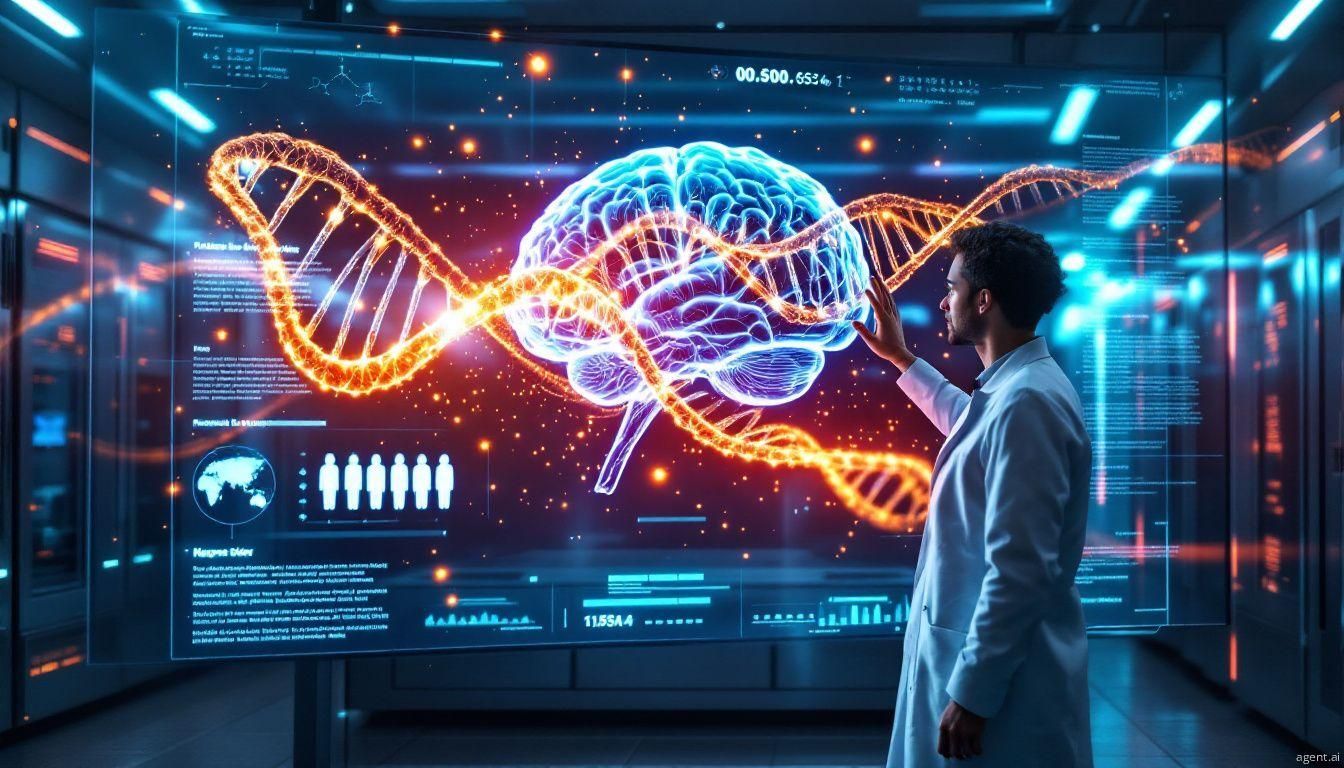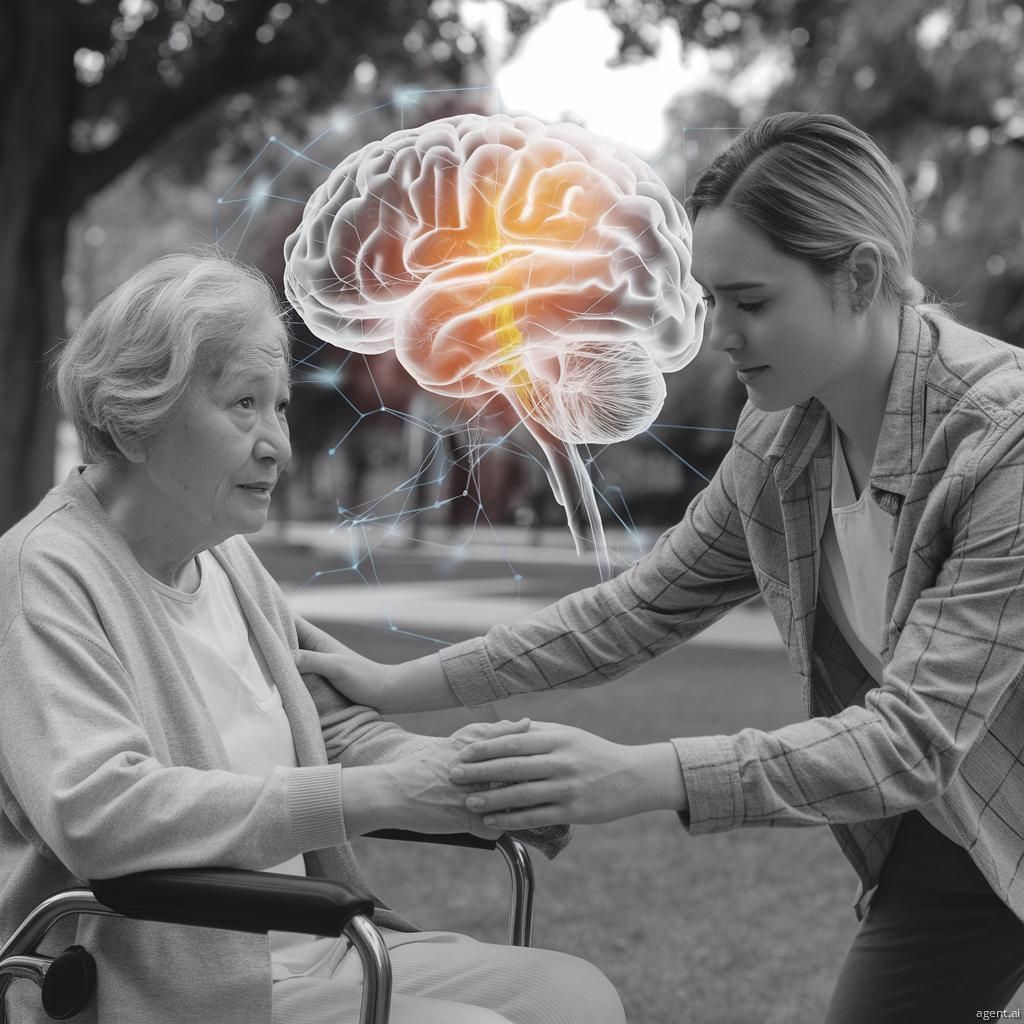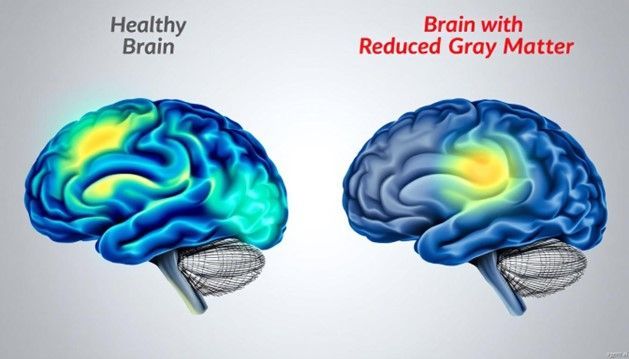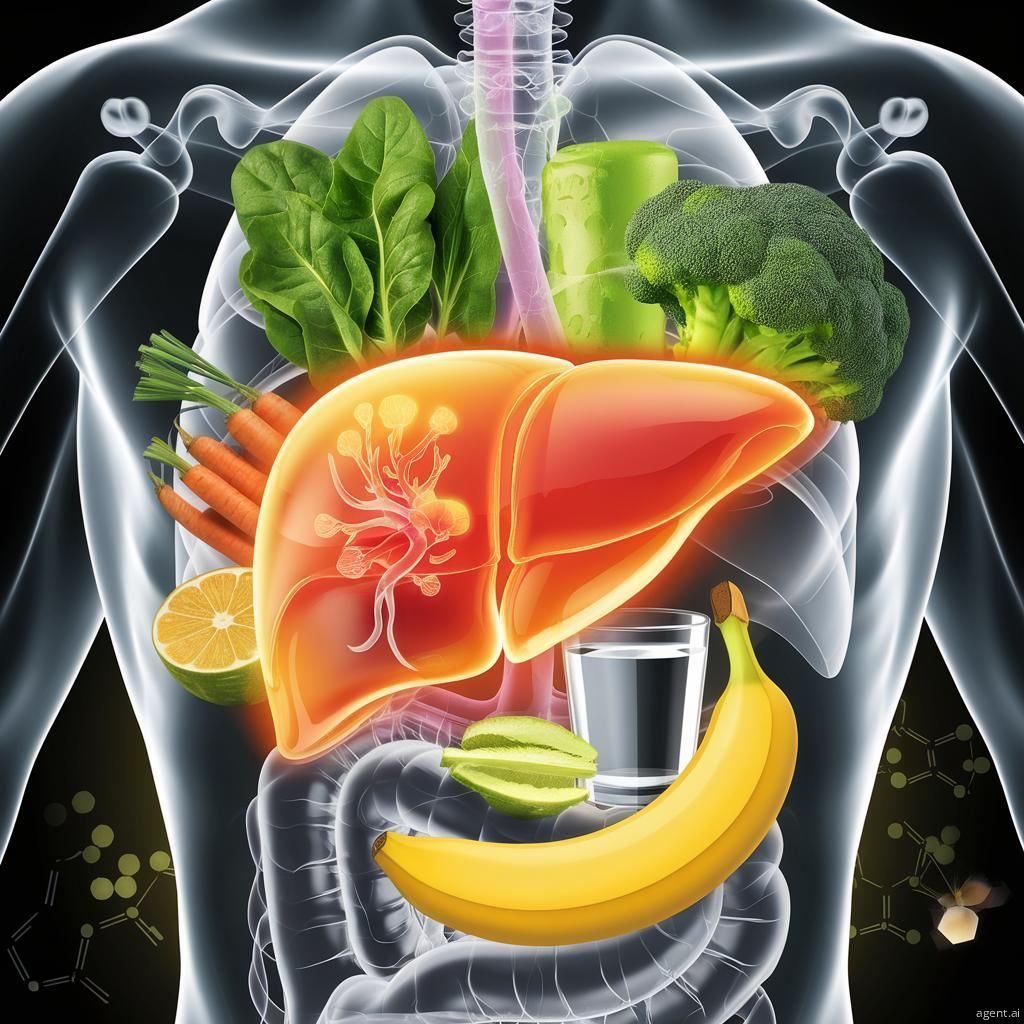AI in Disease Diagnosis: Revolutionizing Healthcare
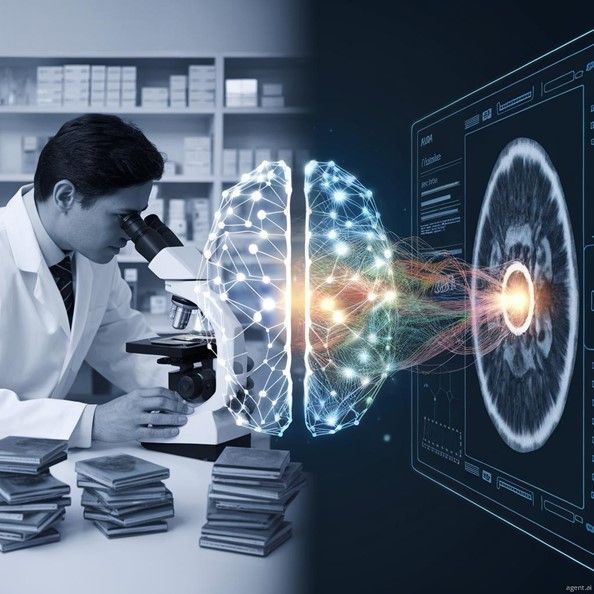
Artificial Intelligence (AI) is no longer just a concept for the future—it’s here, and it’s transforming healthcare in ways we couldn’t have imagined just a few years ago.
How AI is Changing Diagnostics
AI-powered tools are now helping doctors detect diseases earlier and more accurately. For example:
- Cancer Detection: AI models can analyze mammograms and detect early signs of breast cancer with greater precision than human radiologists.
- Genetic Disorders: AI predicts the likelihood of genetic conditions based on family history and genomic data.
The Benefits of AI in Diagnostics
- Speed: AI processes vast amounts of data in seconds, reducing diagnosis time.
- Accuracy: Algorithms learn from millions of cases to identify patterns that humans might miss.
- Access: In remote areas with few specialists, AI tools can fill the gap and save lives.
Challenges We Face
- Trust: How much should we rely on machines for life-changing decisions?
- Bias: AI models can reflect biases in the data they are trained on, potentially leading to inequities.
- Ethics: Who is accountable if an AI tool makes a wrong diagnosis?
What Does the Future Hold?
The future of AI in healthcare is exciting, but it’s up to us to ensure it’s used responsibly. With proper oversight, these tools could revolutionize diagnostics, improve patient outcomes, and make healthcare more accessible to all.
What are your thoughts? Let us know in the comments below!



